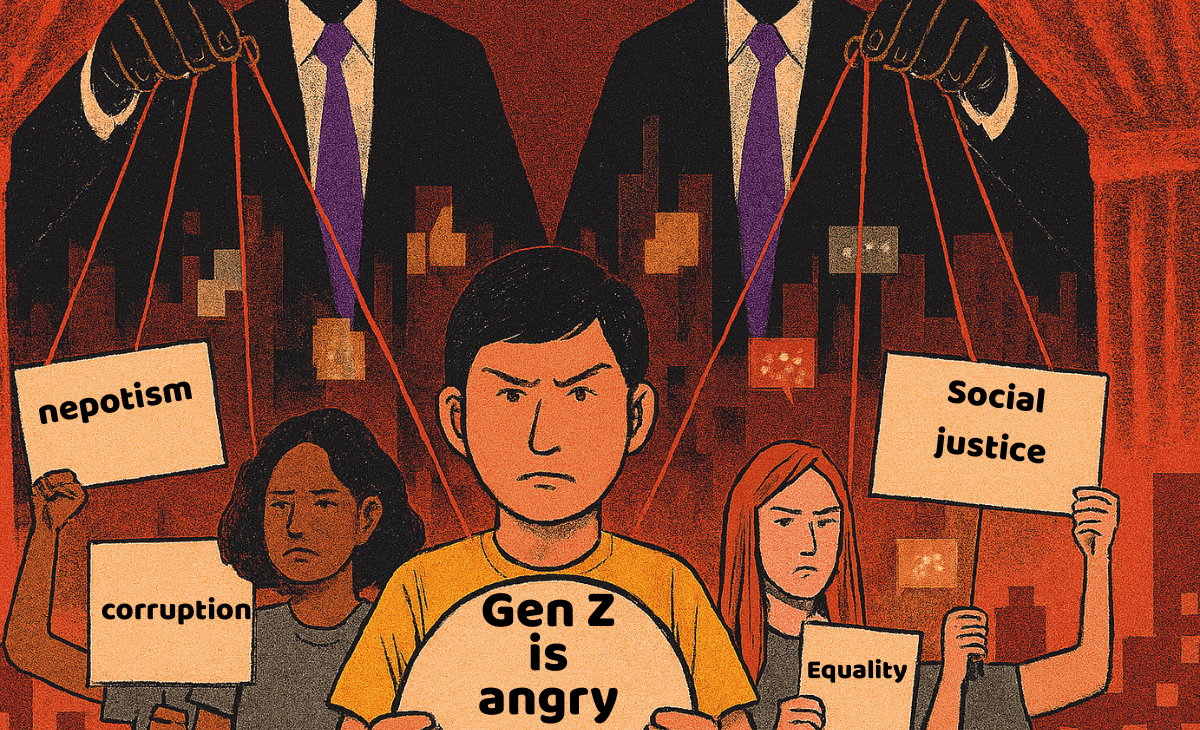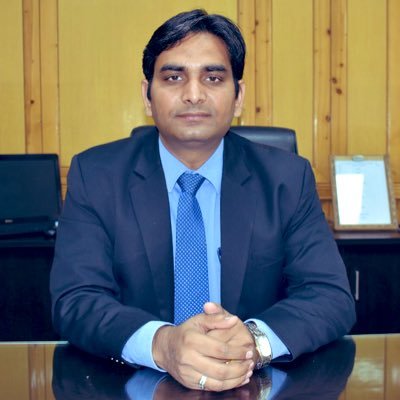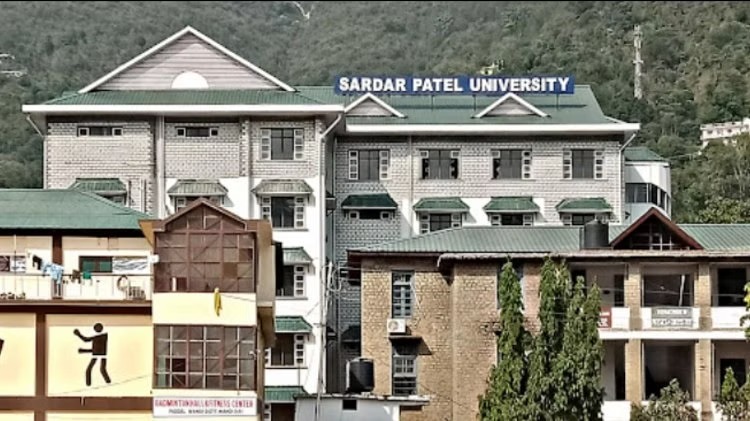Munish Sood
MANDI: From the streets of Dehradun to the campuses of Karnataka, India’s Gen Z is fast emerging as a political force — but also as a political target. With unemployment, paper leaks and governance failures dominating their concerns, the youngest segment of India’s electorate is being courted — and, critics say, manipulated — by political leaders desperate to expand their clout.
The latest flashpoint unfolded this week when protests in Dehradun turned heated after job aspirants clashed with police over alleged exam paper leaks. A similar scene was reported in Karnataka, where students and youth unions stormed campuses, raising slogans against the state government for failed recruitment drives. What stood out was the chant that echoed across rallies: “Vote Chor, Gaddi Chhod” — a slogan popularised by the Congress but now being amplified by disenchanted Gen Z protesters on social media.
“We are not loyal to any party, we are loyal to our future,” said Priya Thakur, a 22-year-old job aspirant in Dehradun. “If they keep cheating us in exams, we will shout at whoever is in power.”
In Bengaluru, Arjun Gowda, a 21-year-old engineering student, added: “Politicians see us as numbers. When we protest, one party calls us brave, the other calls us misguided. But nobody gives us jobs.”
Rahul Gandhi’s call and BJP’s counter
Congress leader Rahul Gandhi has openly appealed to Gen Z, framing them as saviours of the Constitution and democracy. On X, he wrote: “देश के युवा, देश के छात्र, देश की Gen Z संविधान बचाएंगे, लोकतंत्र की रक्षा करेंगे और वोट चोरी को रोकेंगे। मैं हमेशा उनके साथ खड़ा हूँ।”
BJP leaders, however, have slammed Gandhi for allegedly inciting unrest. Union Minister Dharmendra Pradhan said, “Nobody has a monopoly over Gen Z. Gen Z is for Bharat, and Prime Minister Modi represents Bharat.”
BJP MP Nishikant Dubey sharpened the attack: “Gen Z is against nepotism and corruption. Why will they stand with dynastic politics? Instead of empowering youth, Rahul Gandhi is using them as foot soldiers to regain power.”
Maharashtra’s Deputy CM Devendra Fadnavis even labelled Gandhi’s remarks as “Urban Maoist rhetoric,” accusing him of encouraging the youth to undermine democratic institutions.
Wangchuk in the Spotlight
Youth mobilisation has also put Ladakh activist Sonam Wangchuk under scrutiny. Recently, the Ministry of Home Affairs cancelled the FCRA licence of SECMOL, Wangchuk’s NGO, alleging his role in inciting violent protests.
Wangchuk denied the allegations, saying: “Blaming me is scapegoating. The unrest is born out of genuine anger among youths who were promised safeguards and jobs but given nothing.”
Himachal’s local lens
In Himachal Pradesh, the politics of youth discontent remains sharp. BJP state chief Rajiv Bindal has accused the Sukhu-led Congress government of “cheating youth” with job trainee schemes. “Our youngsters are being exploited for votes, while thousands remain unemployed,” Bindal said.
Former CM Jairam Thakur too cornered the Congress in the Assembly, stating, “Congress promised one lakh jobs a year but failed miserably. No wonder our youth are out on the streets.”
Chief Minister Sukhvinder Singh Sukhu, however, defended his government, accusing the BJP of twisting narratives. “Instead of exploiting youth anger, BJP should join hands in finding solutions. Misleading slogans weaken democracy,” he said.
Experts Warn of Political Hijacking
Observers caution that the “Vote Chor, Gaddi Chhod” slogan spreading among Gen Z is not just a sign of anger but of potential hijacking. “Young people are genuinely frustrated with joblessness and corruption. But political parties are weaponising their discontent to settle scores,” a Delhi-based political analyst noted.
“We are not BJP’s Gen Z, not Congress’s Gen Z — we are India’s Gen Z,” said Aman Sharma, a 20-year-old student protester in Karnataka. “If they think they can hijack us, they are mistaken.”
As unemployment grows and discontent spreads from Dehradun to Karnataka, the battle for India’s youth is intensifying. With nearly one-third of the electorate projected to be Gen Z by 2029, both the Congress and BJP know that controlling the youth narrative could decide the next general election.
The question now is whether India’s young voters will shape the nation’s future on their own terms — or remain pawns in the power games of politicians.





